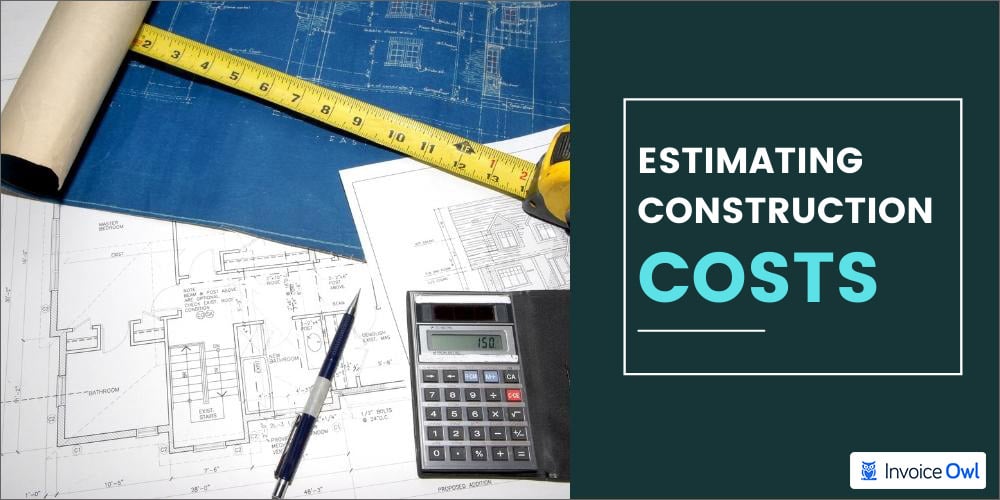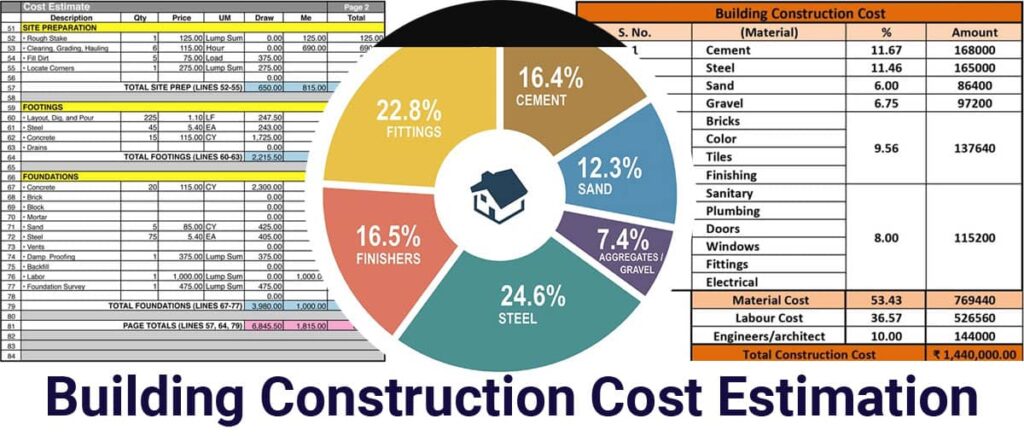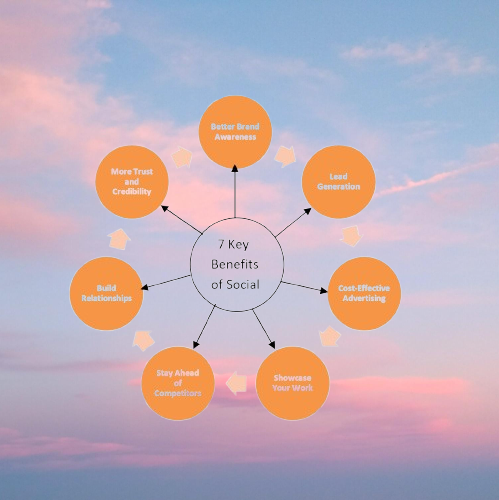News Article: Estimating and Budgets in Building Construction
Building a house or commercial space is a big investment. On Friday, October 3, 2025, Rathore Construction shares insights on how to estimate and plan budgets for construction projects. Whether you are building a small home or a large office, proper budgeting is the key to success.
🧱 What Is Construction Estimating?
- Direct Costs: Expenses directly tied to the physical construction work, such as.
- Materials: The cost of all materials needed for the project.
- Labor: Wages for construction workers and related labor burdens (benefits, union contributions, etc.).
- Equipment: Costs for renting or purchasing machinery and tools.
- Subcontractors: Fees paid to specialized trades for specific tasks.
- Indirect Costs: Expenses not directly related to the physical construction but are necessary for the project’s completion.
- Overheads: General costs, including office staff salaries, utilities, and depreciation of equipment.
- Permits and Fees: Costs associated with obtaining necessary permits and licenses.
- Insurance and Taxes: Premiums for insurance and various taxes.
- Contingencies: A buffer to cover unforeseen issues, changes in scope, and potential risks.
- Bidding: General contractors use estimates to prepare accurate bids for projects to win contracts.
- Feasibility & Budgeting: Project owners use estimates to assess the financial viability of a project and to allocate budget funds.
- Profitability: A precise estimate helps contractors ensure they don’t lose money and can make a profit.
- Risk Management: Estimating helps identify and account for potential risks and cost overruns, bringing clarity to complex projects.
- Project Management: Estimates are used throughout the project to manage costs, price variations, and control overall project expenses.
- Cost Estimators: Professionals trained to produce detailed cost assessments.
- Quantity Survey
- Experts in quantifying project costs, often using advanced techniques and software like Building Information Modeling (BIM).
- Engineers and Project Managers: Individuals with a thorough understanding of design and construction disciplines who contribute to the estimating process.
📋 Why Budgeting Is Important
Budgeting helps avoid surprises. It keeps the project on track. A good budget ensures that the builder does not run out of money halfway through the job. It also helps clients make smart choices about materials and design.
Without a budget, costs can go out of control. Delays may happen. The quality of work may suffer. That’s why budgeting is not just helpful—it’s necessary.
🧮 Key Elements in a Construction Budget
Here are the main parts of a building budget:
- Material Costs: Cement, bricks, steel, wood, tiles, paint, and more.
- Labor Costs: Wages for masons, carpenters, electricians, plumbers, and other workers.
- Equipment Costs: Rent or purchase of machines like mixers, cranes, and drills.
- Permit Fees: Charges for government approvals and legal paperwork.
- Contingency Fund: Extra money for unexpected problems or price changes.
Each of these must be calculated carefully. Prices can change depending on location and market rates.
🧰 Tools and Methods for Estimating
Builders use different tools to make estimates. Some use spreadsheets. Others use software like AutoCAD, MS Excel, or construction estimating apps. These tools help track costs and compare prices.
Site visits are also important. They help understand the land, soil condition, and local rules. This information affects the budget.
🏗️ Tips for Better Budgeting
- Plan Early: Start budgeting before construction begins.
- Get Multiple Quotes: Ask different suppliers and contractors for prices.
- Use Quality Materials: Cheap materials may save money now but cost more later.
- Track Expenses: Keep records of every purchase and payment.
- Review Regularly: Update the budget as the project moves forward.
📞 How Rathore Construction Can Help
At Rathore Construction, we offer expert estimating services. Our team prepares accurate budgets for homes, offices, and commercial buildings. We use modern tools and local knowledge to give you the best value.
We also help clients choose materials, hire skilled workers, and manage costs. Our goal is to make your dream project affordable and stress-free.
For more help, visit rathoreconstruction.org or contact our team today. Let’s build something great—on time and within budget.





